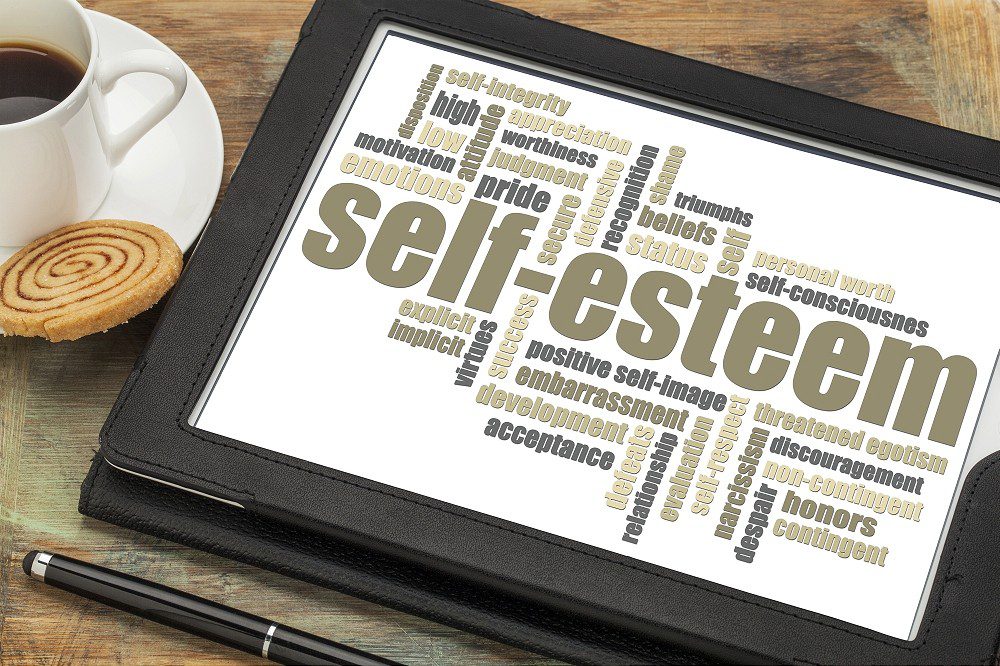Healthy relationships often bring joy, companionship, and love into our lives.
However, they can also be a source of stress and discomfort, especially when we feel judged by our partner.
The feeling of being judged can be emotionally taxing and can strain the connection between two people.
In this blog, we will explore what it means to “Feeling Judged in Your Relationship”, its potential causes, and how to address this challenging issue to create a more harmonious, loving and supportive partnership.

Understanding the Feeling of Judgement
Feeling judged in a relationship is more than just perceiving disapproval from your partner. It creates a deeply difficult emotional response that can impact your self-esteem, self-worth, and overall well-being.
It often involves sensing that your actions, choices, or thoughts are constantly under scrutiny, leading to anxiety, frustration, and conflict.
Potential Causes of Feeling Judged
To address the issue of feeling judged in a relationship, it’s essential to explore the possible underlying causes:
- Communication Breakdown: Miscommunication or a lack of understanding can lead to making one partner feel judged or criticized.
- Unrealistic Expectations: Unrealistic expectations, either from yourself or your partner, can create pressure or lead to judgmental attitudes.
- Past Trauma: Past experiences of judgment or criticism, whether in previous relationships or from childhood, can trigger heightened sensitivity to judgment in your current relationship.
- Insecurity: Personal insecurities can amplify the perception of judgment from your partner, as you may be more prone to interpreting their actions or words negatively.
Addressing the Feeling of Being Judged
If you find yourself feeling judged in your relationship, there are steps you can take to address this issue and improve the overall quality of your partnership:

1. Open and Honest Communication:
- Express your feelings calmly and honestly with your partner. Use “I” statements to convey how their behavior makes you feel without accusing or blaming them.
- Encourage your partner to share their perspective as well. Understanding each other’s viewpoints can lead to empathy and compromise.
2. Self-Reflection:
- Take time to reflect on your own insecurities and triggers that may contribute to the feeling of being judged. Self-awareness can empower you to address these issues within yourself.
3. Set Boundaries:
- Establish clear boundaries in your relationship. Discuss what behaviors or comments are hurtful or unacceptable, and mutually agree to respect these boundaries.
4. Focus on Self-Esteem:

- Work on boosting your self-esteem and self-worth independently. Engage in self-care practices, pursue your interests, and seek support from friends and family.
5. Practice Empathy:
- Make an effort to empathize with your partner. Understand that they may not always be aware of how their actions or words affect you. Developing empathy can foster a more understanding and compassionate relationship.
6. Monitor Negative Self-Talk:
- Pay attention to your internal dialogue. Challenge negative self-talk that may be reinforcing your feelings of being judged. Replace it with positive affirmations and self-compassion.
7. Seek Professional Help:

If communication with your partner proves challenging or if you both struggle to resolve the issue, consider seeking the guidance of a qualified therapist or relationship coach. They can facilitate constructive discussions and provide strategies for improving your relationship dynamics.
Conclusion
Feeling judged in a relationship can be a challenging and distressing experience, but it’s not an insurmountable problem.
By addressing the root causes, engaging in open and honest communication, and practicing self-care and self-compassion, you can work towards a healthier, more supportive, and more harmonious partnership with your loved one.
Remember that it takes time and effort from both partners to create a relationship built on trust, understanding, and acceptance.






0 Comments